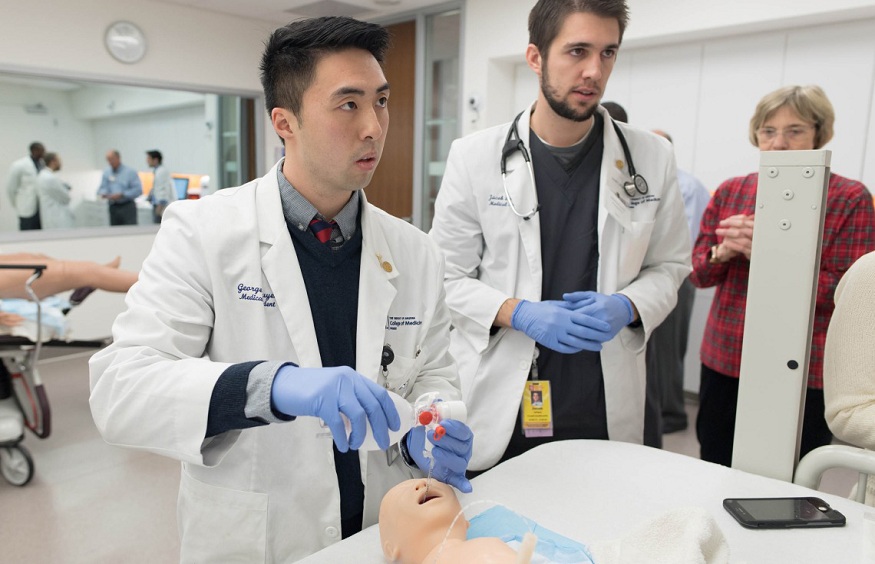How Medical Clinics Contribute To Better Health Outcomes For Seniors
Medical clinics play a crucial role in improving health outcomes for seniors. They offer personalized care and early detection of health issues. We know that routine check-ups and preventive measures can enhance the quality of life. Clinics like the new england low-t center specialize in addressing specific health concerns, ensuring seniors receive tailored treatment. Through comprehensive care, these clinics help manage chronic conditions and promote overall wellness.
Personalized Care Tailored to Individual Needs
Medical clinics provide personalized care that is vital for seniors. Every individual has unique health needs, and clinics create specific care plans. These plans address chronic conditions like diabetes and heart disease. Personalized care helps in tracking health changes and adjusting treatments when necessary.
Clinics ensure that seniors receive the right medications and treatments. They also monitor side effects and interactions, reducing risks associated with polypharmacy. Regular consultations with healthcare providers help in understanding and managing these complexities.
Preventive Measures and Early Detection
Preventive care is vital in managing the health of seniors. Clinics offer screenings and vaccinations, which are crucial in catching diseases early.
For example, regular blood pressure and cholesterol checks help in identifying cardiovascular risks. Vaccinations protect against illnesses like the flu and pneumonia, which can have severe effects on seniors. According to the Centers for Disease Control and Prevention, vaccines are a key component of preventive care for older adults.
Comprehensive Care for Chronic Conditions
Clinics provide a comprehensive care approach, involving medication management, lifestyle changes, and regular monitoring. This holistic strategy is essential for maintaining independence and quality of life.
Effective management of chronic conditions involves collaboration between healthcare providers and patients. Clinics help in coordinating this care, ensuring that all aspects of a senior’s health are addressed.
Access to Specialized Treatments and Services
Medical clinics often have access to specialized services and treatments. These include physical therapy, nutrition counseling, and mental health support. Seniors benefit from these services as they contribute to overall wellness.
In some cases, clinics partner with specialists to provide comprehensive care. This collaboration can include everything from orthopedic care to cognitive therapy, ensuring that seniors have access to a wide range of health resources.
The Impact of Regular Visits to Medical Clinics
Regular visits to medical clinics lead to better health outcomes for seniors. These visits help maintain a continuum of care and allow for timely interventions. They also provide an opportunity to educate seniors on health management and preventive practices.
Comparison Table: Clinic vs. Home Care
| Aspect | Medical Clinic | Home Care |
| Care Plan | Tailored to individual needs with professional oversight | Often generic and may lack professional input |
| Health Monitoring | Regular and comprehensive assessments | Limited to occasional checks |
| Access to Specialists | Direct access to a range of specialists | Referral required, which may delay treatment |
Conclusion
Medical clinics are essential for improving the health of seniors. They provide tailored care, ensure early detection of issues, and offer comprehensive management of chronic conditions. By providing access to specialized treatments and encouraging regular check-ups, clinics play a vital role in promoting the well-being and quality of life for older adults. The National Institute on Aging emphasizes the importance of regular healthcare visits for seniors to maintain optimal health outcomes.


Leave a Reply
You must be logged in to post a comment.